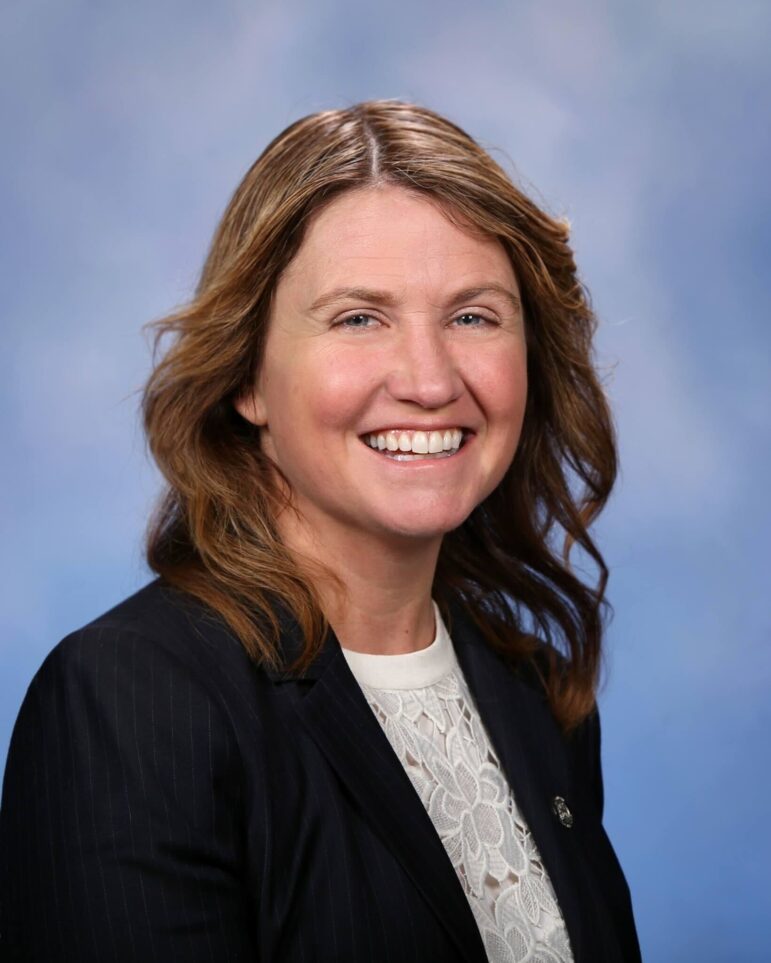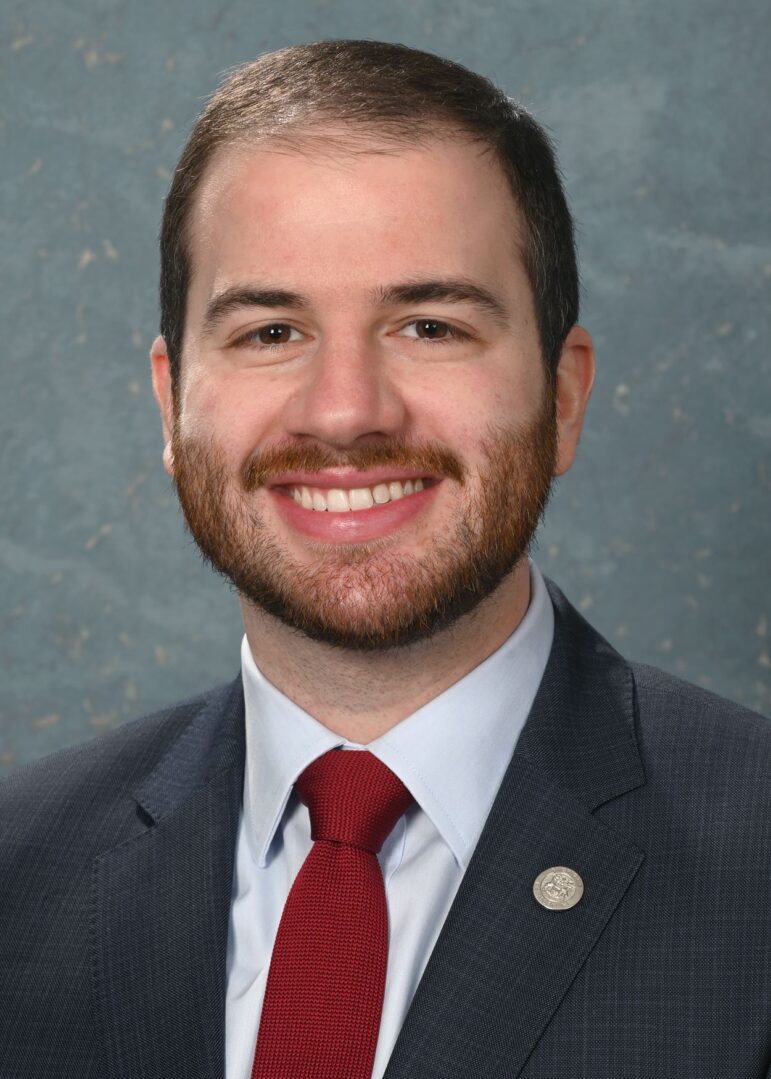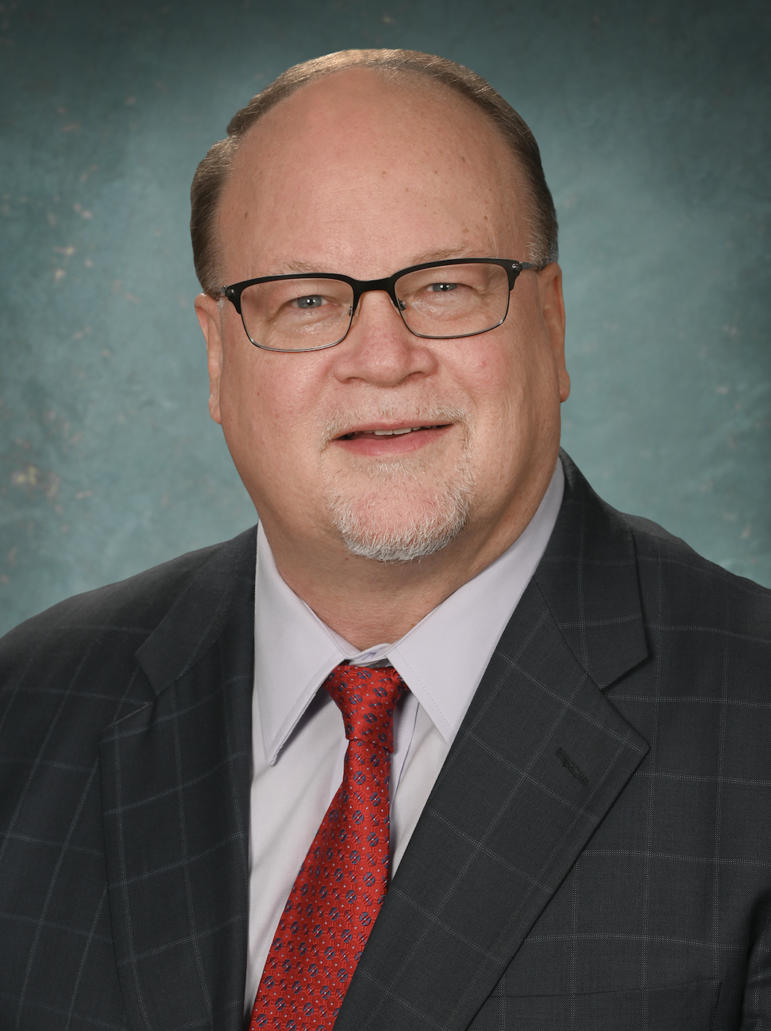
Michigan House of Representatives
Former Rep. Sara Cambensy of Marquette.By DAN NETTER
Capital News Service
LANSING – A Senate bill would require lawmakers to wait two to three years after leaving elected office to become a registered lobbyist.
That would shut a revolving door of lawmakers-turning-lobbyists after their terms end, according to Sen. Jim Runestad, R-White Lake.
Described as a “cooling-off” period, the ethics proposal would require rank-and-file senators and representatives to wait two years. Committee chairs would need to wait an extra year.
The proposal also would also prohibit lawmakers’ spouses from lobbying while their partners are in office.
However, Runestad, who has unsuccessfully made the same proposal in the past, said he has no hope the bills will even get to the Senate floor for a vote, let alone pass.
Many fellow Republicans are unpersuaded as well.
When they turned down his request to cosponsor the legislation, the Republican lawmakers cited their own future aspirations.
“Time and time again, I would hear, ‘But Jim, I want to be a lobbyist. Why would I sign that?’” Runestad said. “That was the number one thing I heard.”
The lone cosponsor is Sen. Ruth Johnson, R-Holly. Johnson is also a former secretary of state, whose department oversees the registration of lobbyists.
Runestad’s legislation was referred to the Election and Ethics Committee, chaired by Sen. Jeremy Moss, D-Southfield.
Moss said that the contents of the legislation – a cooling-off period for lawmakers – is a priority for the committee, but a higher priority is handling voter-approved changes in lawmaker financial disclosure laws.
Last November, voters overwhelmingly approved a constitutional amendment that lets lawmakers serve 12 years, instead of 14 years, in the House, Senate or both. It also requires lawmakers to publicly disclose their personal finances.
As for Runestad’s lobbying proposal, Moss said, “Whether it was Sen. Runestad, or somebody else pushing this forward, I want to revisit it, I want to analyze it, I want to see if it actually solves the problems in Lansing. I can’t just commit right now to a timeline or a hearing.”
Moss said Runestad has not reached out to him in his capacity as the committee chair.
“Typically there’s a process by which a person who wants their bill heard will talk to the committee chair ahead of time,” Moss said. “That’s what I did when I was in the minority. I don’t know if Sen. Runestad has his own timeline. If this was one of his policy priorities that he wants to see get done, he has not reached out to me as chair of this committee.”
In Michigan, former lawmakers can become lobbyists the moment they leave office. According to a 2019 report by Public Citizen, 33 states have at least a one-year cooling off period. Other states, including Alabama, Florida and Iowa, have a two-year cooling off period.
Common Cause Michigan, a “good government” watchdog group, hasn’t taken a position on the concept. However, its program director, Quentin Turner, said he’d like more transparency in state government.
Turner said he would like to understand better the financial incentive of “revolving door” lawmakers. That would make it easier to determine possible relationships between a lawmaker and a lobbying industry.
Turner said if that is the case, there is nothing necessarily wrong with “having a career outside of lawmaking, still involved in Lansing.”
Former Rep. Sara Cambensy, D-Marquette, left office in December and now works as the executive director of the Michigan Chemistry Council.
Cambensy, who is now a registered lobbyist, said the large amount of turnover of lawmakers due to term limits means she is lobbying many lawmakers she hadn’t met while in the House.
When she arrived at the Capitol, Cambensy said, she was “leery” of lobbyists. Now, after having served there for five years (most House members serve six years, but Cambensy ran in a special election), Cambensy said lobbyists play a role in educating members, which she calls a “great thing.”
“If you’re using (lobbying) to take advantage of legislators, I think that’s where lobbying certainly gets a bad rap,” Cambensy said.
Runestad said he is concerned with lawmakers chairing committees that focus on and oversee particular industries, then lobbying for one of the same industries.
Cambensy said it is admirable to advocate for transparency and disclosure in government, but isn’t sure that “limiting career choices for legislators” is a good way to advocate for that.
Runestad’s legislation would set penalties at a fine of up to $1,000 and up to 90 days in jail.


Michigan Senate
Sen. James Runestad of White Lake